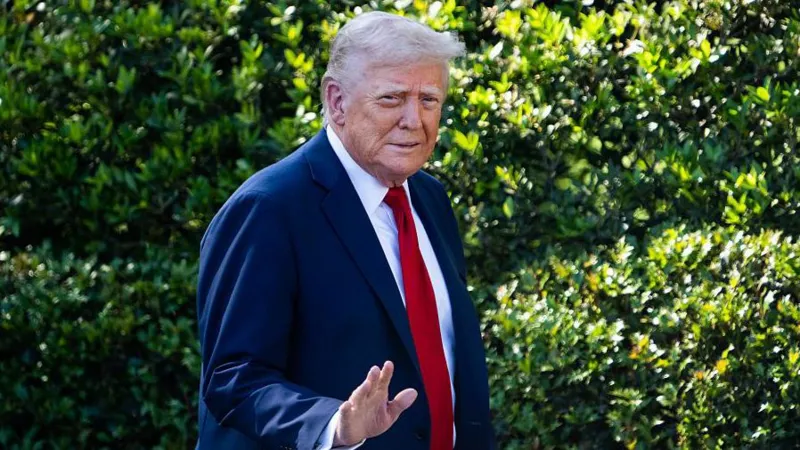President Donald Trump is expected to implement measures aimed at reducing the effects of existing tariffs on American automotive manufacturers, according to a senior White House official.
“This arrangement represents a positive development for domestic production,” said Commerce Secretary Howard Lutnick in a statement shared with Reuters, highlighting the benefits for companies with U.S.-based operations.
The president is preparing to introduce changes that would lower specific import duties on vehicle components brought in from abroad, particularly those used in domestic vehicle assembly.
Additionally, while foreign-made automobiles will remain subject to existing tariffs, they will be exempt from additional charges such as those applied to steel and aluminum, according to reporting from the Wall Street Journal. Trump is scheduled to visit Michigan on Tuesday, where he will hold a rally marking his first 100 days in office.
Michigan is home to the nation’s major auto manufacturers — often referred to as the “Detroit Three”: Ford, General Motors (GM), and Stellantis — as well as a wide network of over 1,000 key industry suppliers.
Tariffs have been a central component of President Trump’s broader economic agenda, a policy he has described using favorable terms. However, their implementation has contributed to volatility in international markets, created uncertainty among global businesses, and led to concerns about potential economic slowdown.
The decision to reconsider elements of the tariff policy as it relates to the automotive industry has been interpreted as a signal of a more adaptive approach by the administration.
GM CEO Mary Barra expressed support for the latest steps.
“We are thankful for the administration’s efforts to support the U.S. auto sector and the workers whose livelihoods are connected to it,” she said in a statement sent to the BBC.
“We value our ongoing dialogue with the White House and are committed to continued collaboration moving forward.”
Ford also released a statement acknowledging the revised direction, stating that the new measures would “help lessen the impact of tariffs on manufacturers, parts suppliers, and consumers.”
The automaker emphasized that collaboration with policymakers remains essential in achieving a robust and sustainable future for the American car industry. “We support trade policies that promote exports and ensure supply chain affordability, both of which are key to growing domestic manufacturing.”
Ford further added that it will be crucial for major importers to align with this approach, stating that greater investment in U.S. production could lead to “an influx of new assembly plants, supplier facilities, and job creation.”
Stellantis did not immediately offer a comment in response to media inquiries.
Recently, a coalition of U.S. automotive trade associations urged the administration not to proceed with a proposed 25% tariff on imported auto parts.
In a letter to federal officials, representatives of companies such as GM, Toyota, and Volkswagen cautioned that the proposed levies could “increase prices for car buyers, lower dealership sales, and raise the cost of maintaining and repairing vehicles.”
President Trump had previously indicated that the tariffs would be enacted by May 3.







